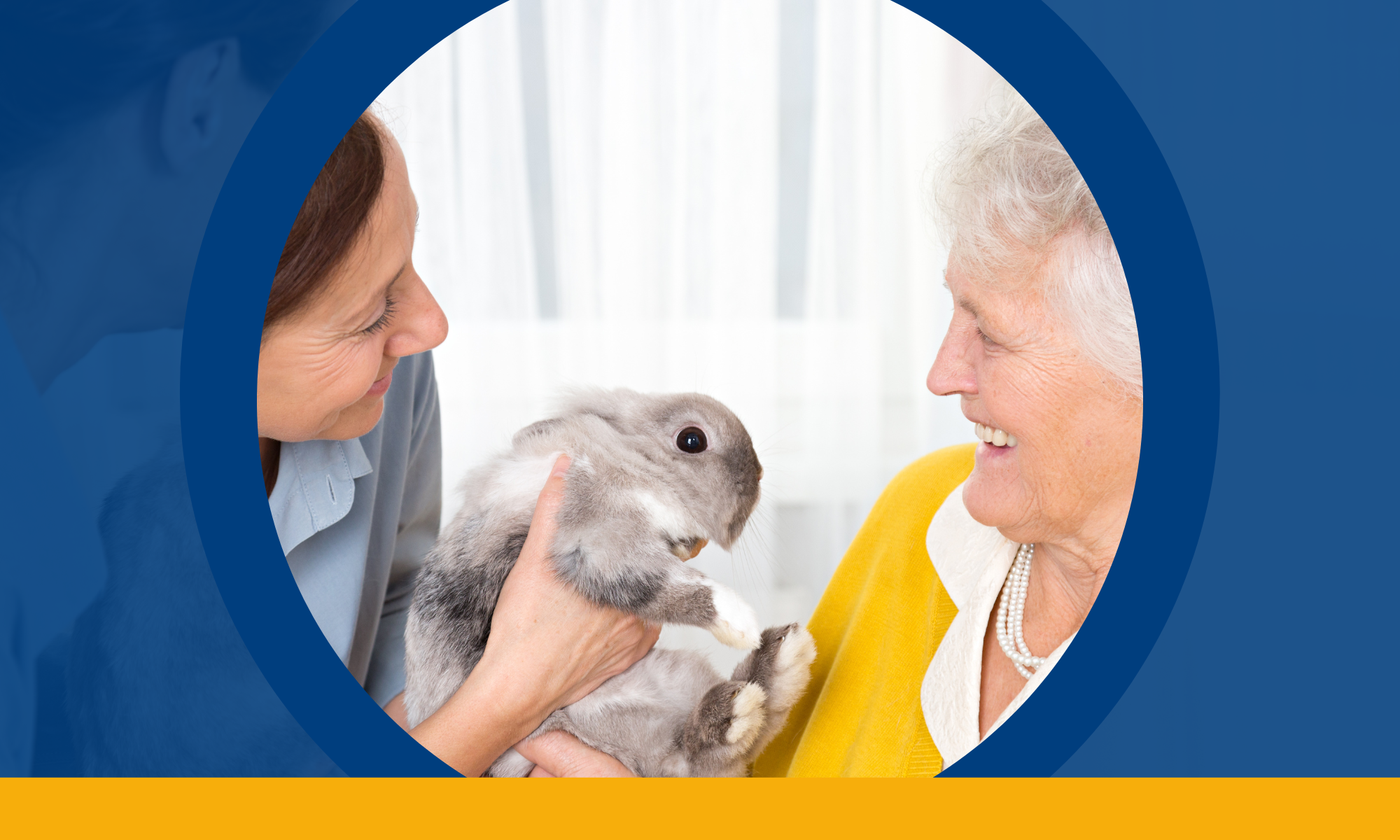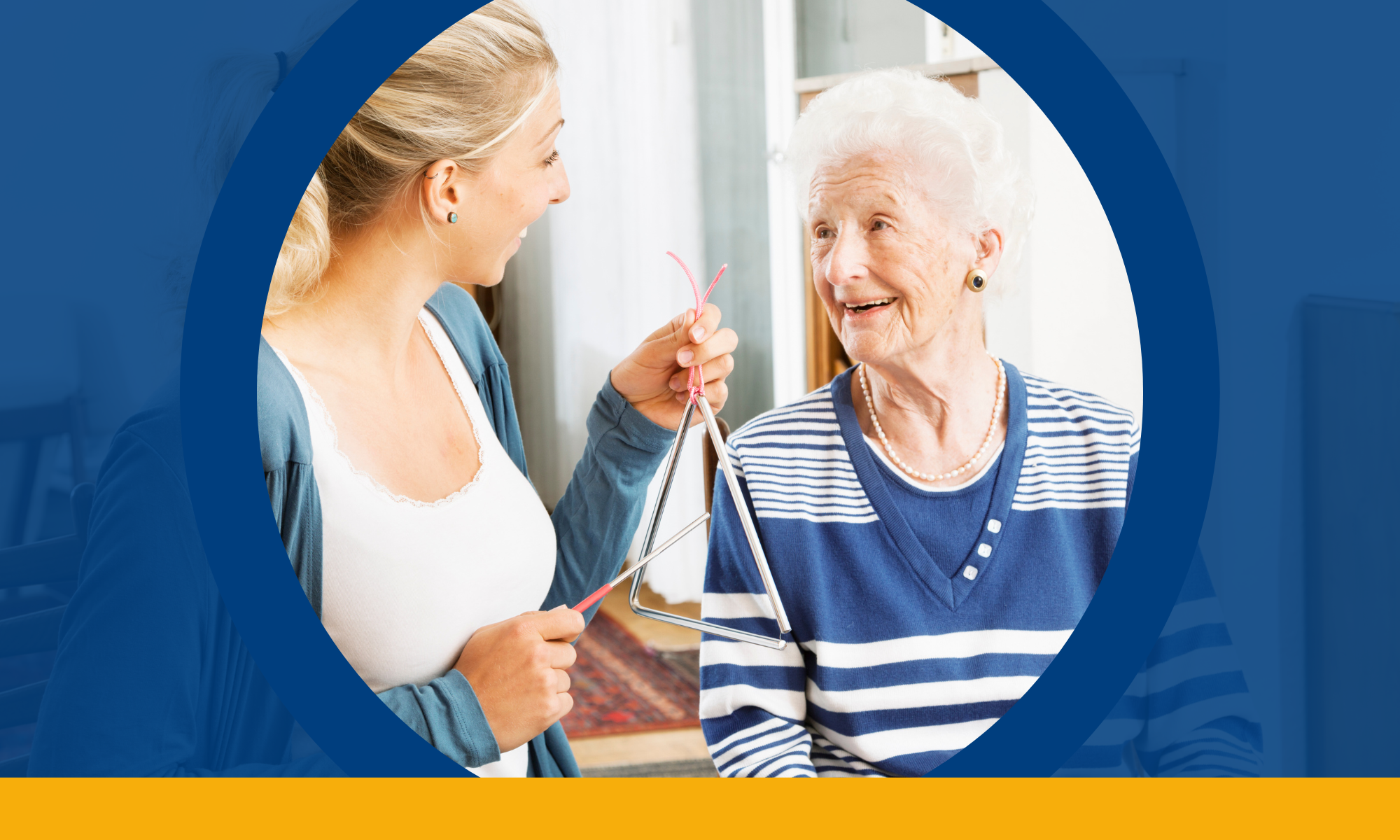The Impact of Caregiving on Nutrition and Hydration
This week is Nutrition and Hydration Awareness Week which runs from the 11th-17th of March and aims to highlight and celebrate improvements by helping individuals to become reinforced, more focused and more energised around this topic. There are a number of ways to get involved and it is open to anyone who wants to help people understand the importance of nutrition and hydration within health and social care.
Caregivers are committed to providing high quality, safe and effective care which treats people with compassion, dignity and respect. It impacts many aspects of day to day life. The impact of caregiving on nutrition and hydration highlights how it is an integral part of the health process for elderly individuals especially.
This is something Care 24-7 feels very passionate about as dedicated caregivers and nutritionists who work closely with clients and their families to develop personalised care plans that promote healthy eating and hydration habits. This ensures the right care is delivered in the right way, enabling them to regain or maintain their quality of life in their own home.

Understanding Nutrition and Hydration
Nutrition refers to the intake of food necessary for optimal health and growth and hydration is the process of providing the body with an adequate amount of water to maintain proper bodily functions. Both are essential components of maintaining good health, especially for elderly individuals with medical conditions.
A well-balanced diet rich in nutrients such as vitamins, minerals, proteins, carbohydrates, and fats is essential for overall health. Staying properly hydrated is vital for maintaining temperature regulation, digestion, and circulation.
The Role of Caregivers
Caregivers play a pivotal role in ensuring that individuals under their care receive adequate nutrition and hydration. The act of caregiving involves not only attending to the emotional and physical needs of individuals but also ensuring they receive adequate nourishment to support their overall health. This responsibility encompasses various tasks and responsibilities, including meal preparation, grocery shopping, assisting with eating and drinking, and monitoring fluid intake.

Challenges and Strategies
While the role of caregiving is undeniably fulfilling, it comes with its unique set of challenges. Caregivers have the responsibility of not only providing emotional support but also ensuring the physical well-being of their loved ones or patients. However, navigating dietary restrictions, managing limited appetite, and encouraging adequate fluid intake can pose significant challenges. Understanding these obstacles and implementing effective strategies becomes paramount in maintaining optimal health and quality of life for those under their care.

There may be challenges that arise during the care of individuals which can appear for a number of reason:
There are various strategies that caregivers can implement:
With the right people, Care 24-7 specialise in person-centred care and ensure all personal care needs are met from caregivers who have the skillset to identify any needed additional treatment.
Our dedicated care team have full knowledge and visibility of your loved one’s care plan which can also be shared with family members, GPs, pharmacists, and district nurses. This gives families peace of mind knowing that they are in safe hands and that carers are confident, competent and take pride in delivering high quality care.

Nutrition and hydration play integral roles in maintaining overall health and well-being, particularly for individuals receiving care. From meal preparation and assistance with feeding to hydration reminders and monitoring fluid intake, caregivers provide comprehensive support to ensure individuals receive the nutrients and fluids they need to thrive. They are trained not only to assist with dietary requirements but also to promote a positive and enjoyable dining experience, fostering a sense of dignity and independence for those in care.
By understanding the importance of nutrition and hydration and implementing appropriate strategies, caregivers can effectively support the health and well-being of individuals whilst also offering a warm and friendly approach to homecare.









